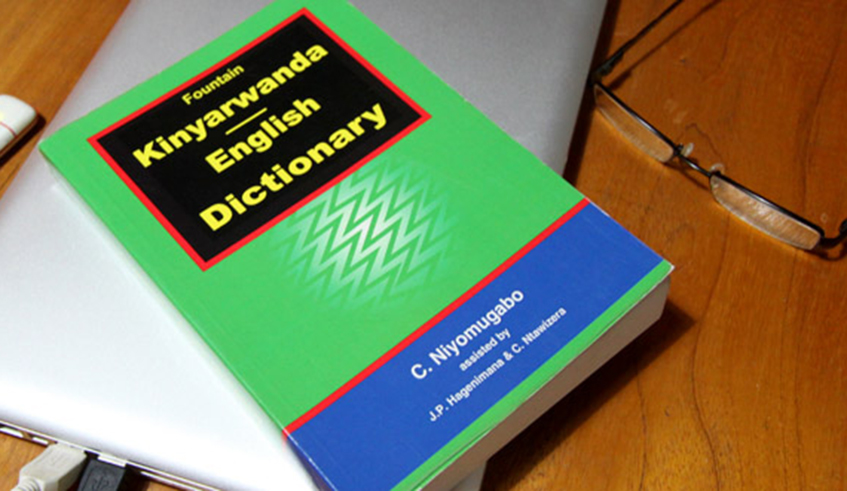

Yesterday, February 21, the world marked the International Mother Language Day, with a particular focus on the need to leverage the potential role of technology in advancing multilingual education and supporting the development of quality teaching and learning for all.
Mother tongues play an instrumental role in the intellectual or cognitive development of a child, which means their ability to think and reason.
Indeed, mother language is the foundation of learning.
Across the world, many indigenous languages are facing extinction thanks to the history of colonialism and occupation, and, more recently, globalisation, which has seen people embrace foreign languages for education and business purposes.
English, Mandarin, Hindi, Spanish, French and Arabic are some of the most spoken languages around the world, including in Africa, where hundreds of mother tongues are said to be critically endangered.
Globally, more than 1000 languages are likely to be dead by the end of the century, according to UNESCO. This is absurd as their disappearance means loss of a big part of cultures.
From Resígaro (Peru) to Chulym (Siberia in Russia) to Chemehuevi (United States) to Jedek (Malaysia) to Dunser (Indonesia), many languages around the world are on the verge of extinction.
In Rwanda, we are privileged to have one common mother tongue. We have an opportunity to pull in the same direction as a people and preserve our mother tongue. Kinyarwanda is actually spoken by millions of people across several countries in central and Eastern Africa, thanks in large part to the colonial legacy of scramble and partition of Africa.
While Kinyarwanda is obviously one of the four official languages in Rwanda – besides English, French and Swahili – there are concerns it is fast losing its proud place as a unique unifier among Rwandans.
Many Rwandans, especially young people, tend to associate Kinyarwanda with being less-sophisticated, with some even confusing a high proficiency in English or French with being smart and classy.
This neo-colonial mentality has only served to degrade our mother tongue with younger people and some older compatriots reluctant to learn or encourage their children to speak Kinyarwanda. In some schools children are even punished for speaking their mother tongue.
While English and French – and increasingly Swahili – will continue to be important mediums of instruction in schools owing to their status in business and in the workplace, it is critical that Rwandans promote Kinyarwanda, especially through speaking it with their children.
Education and cultural institutions need to do everything possible to promote Kinyarwanda, particularly among the young generations.
Kinyarwanda needs to be a major part of public discourse and to be protected from any risk of extinction and all manner of distortions.
Kinyarwanda is our identity and culture and we must be proud of it and preserve it at all costs. For losing it would mean losing our cultural heritage, and as the Kinyarwanda saying goes, ‘Agahugu katagira umuco karacika’.


